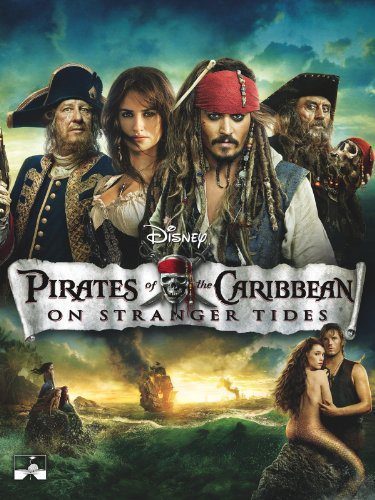
Pirates of the Caribbean: Missed Opportunities On Stranger Tides
This weekend, Pirates of the Caribbean: Dead Men Tell No Tales (Salazar’s Revenge in the UK) comes out in theaters. The last time Disney released a Pirates movie, it was a bit of a disaster. Or was it? [Note: This review contains spoilers, and was written with the assumption the reader has seen the film.]…


